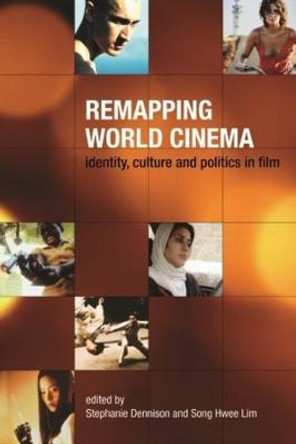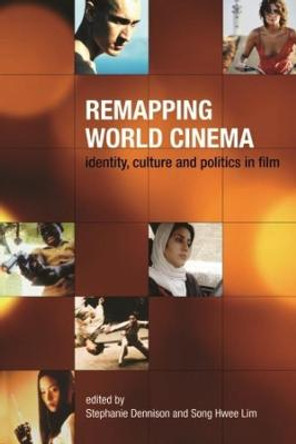Description
About the Author
Stephanie Dennison is Professor of Brazilian Studies at the University of LeedsProfessor Rachel Dwyer is Professor of Indian Cultures and Cinemas at SOAS.
Reviews
"Offering a comprehensive and highly original perspective, Cinema and Soft Power is a significant contribution to the field. Anyone seeking to understand the value of cinema as a soft power instrument in case studies beyond the usual suspects" will appreciate both the breadth and depth of this collection of essays."" -Gary Rawnsley, University of Nottingham Ningbo China
Book Information
ISBN 9781474456289
Author Stephanie Dennison
Format Paperback
Page Count 256
Imprint Edinburgh University Press
Publisher Edinburgh University Press
Details
Subtitle: |
Configuring the National and Transnational in Geo-Politics |
Imprint: |
Edinburgh University Press |










